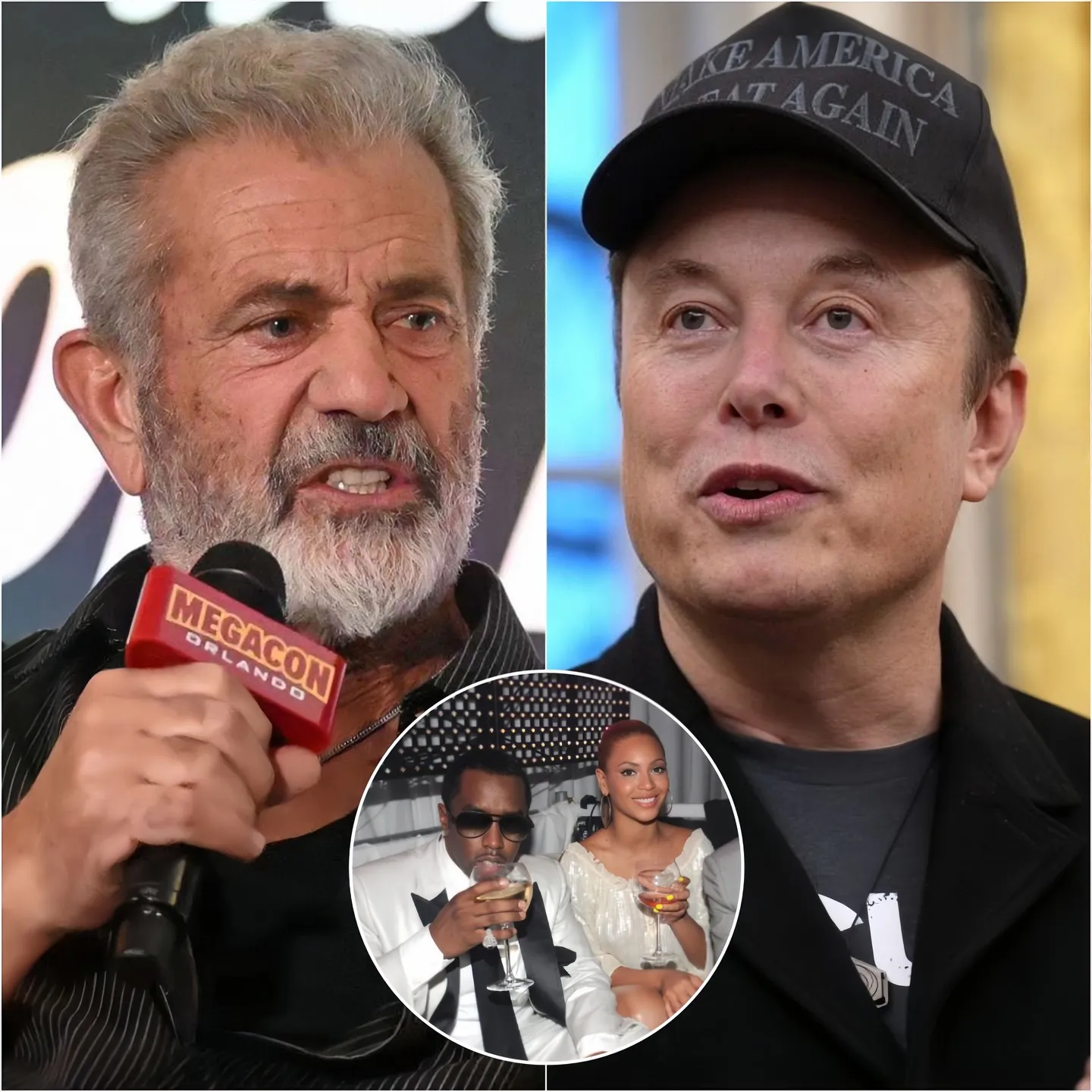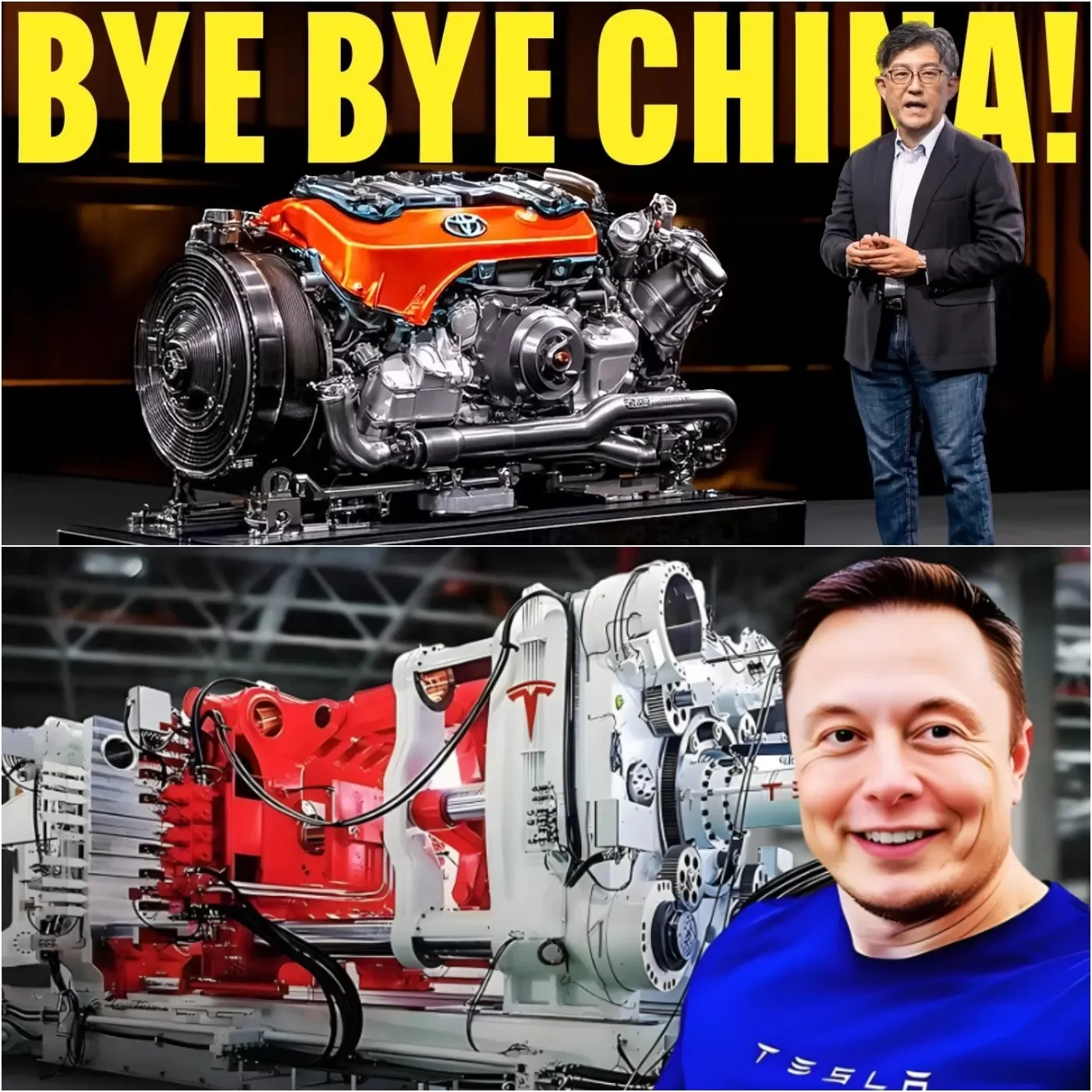Elon Musk has once again captured the world’s attention, this time not through his ventures in space exploration or electric cars, but through a surprising investment in Hollywood. The tech billionaire has committed a whopping one billion dollars to support a film studio owned by Mel Gibson and Mark Wahlberg, which promises to shake up the entertainment industry. This venture, which Musk describes as a “non-awakened” studio, is making waves for its unorthodox approach to filmmaking and its strong stance against the trends currently dominating Hollywood.
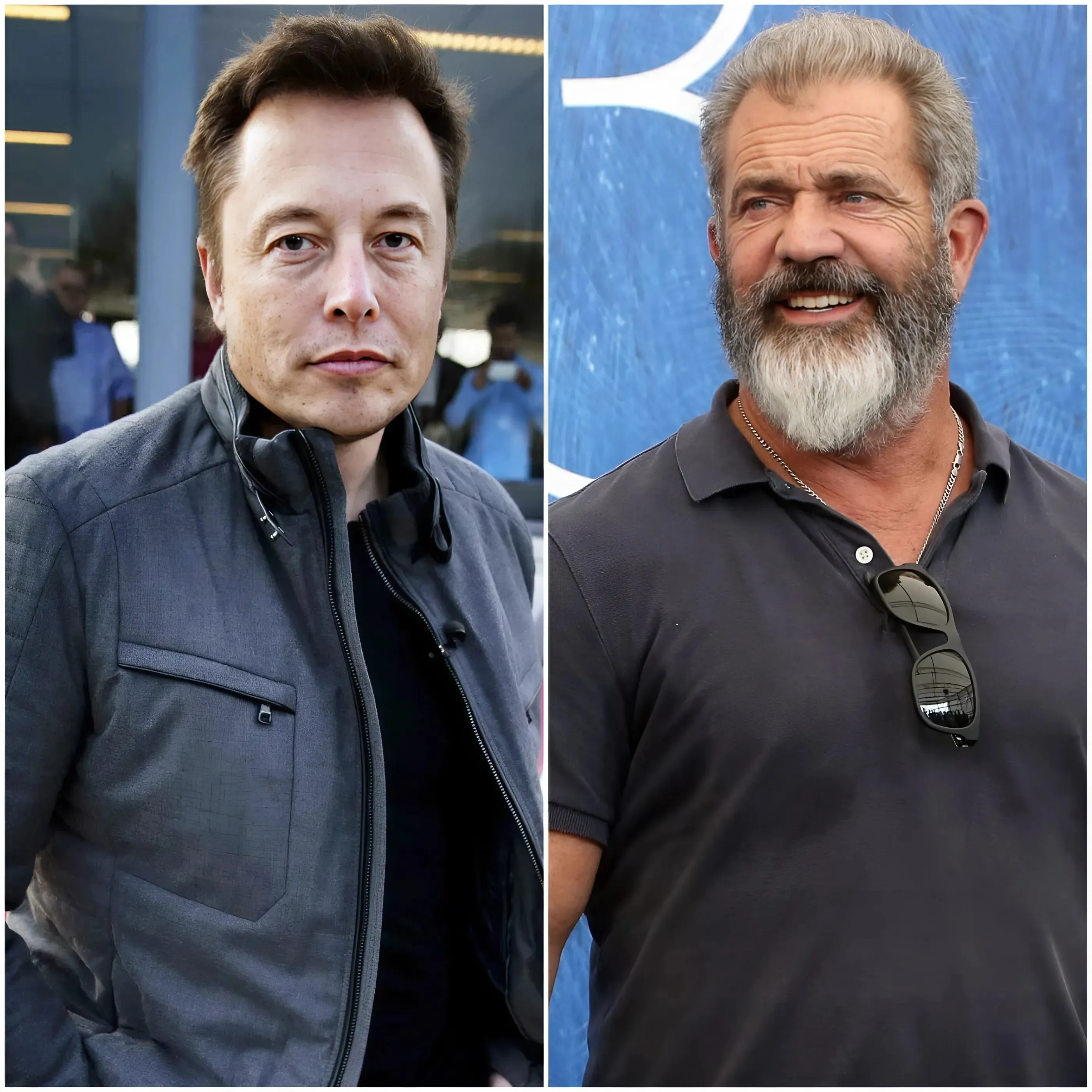
The studio, which is still in its early stages, intends to focus on creating films that prioritize traditional storytelling and authentic narratives, as opposed to the heavily politicized, often “woke” content that has come to characterize much of modern cinema. Both Gibson and Wahlberg, well-known for their outspoken views on social and political matters, have long expressed frustration with what they see as the “woke” agenda infiltrating the industry. Their goal is to return to a time when films were more focused on entertainment and less concerned with social messaging.
Musk’s involvement in the project has raised eyebrows, especially considering his own reputation as a controversial figure with a history of speaking out against what he perceives as overly politically correct culture. His investment signals not just financial backing, but a broader ideological support for the vision of this new studio. Musk has emphasized that his goal is to create a platform where films can be made without the fear of censorship or the pressures to conform to popular political views. This is in stark contrast to the increasing trend in Hollywood, where films are often shaped by the expectations of social activists, rather than artistic merit or creative freedom.
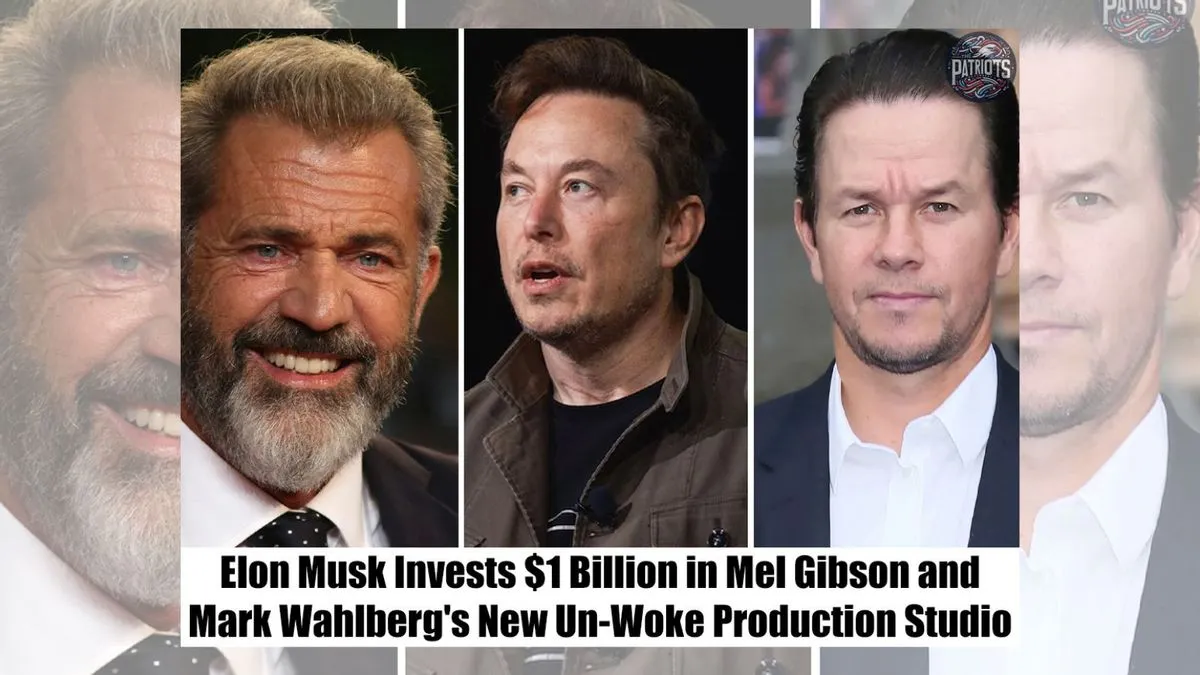
The move has been met with a mix of enthusiasm and skepticism. Some view Musk’s investment as a much-needed breath of fresh air for an industry that many believe has lost its way. Supporters argue that Hollywood needs more diversity in the types of stories being told, and that the entertainment world has become too narrowly focused on catering to specific political ideologies. Others, however, have criticized Musk’s stance, suggesting that it is merely a publicity stunt or a response to what some see as the overreach of progressive values in the entertainment industry.
Gibson and Wahlberg are no strangers to controversy themselves, and their partnership with Musk only adds fuel to the fire. Both actors have faced criticism in the past for their outspoken views on issues ranging from politics to religion. However, they have remained committed to their vision of creating entertainment that challenges the status quo. For them, the idea of a “non-awakened” studio is not about rejecting social responsibility, but rather about allowing artists the freedom to tell stories that reflect a broad range of experiences, without being confined by a particular political lens.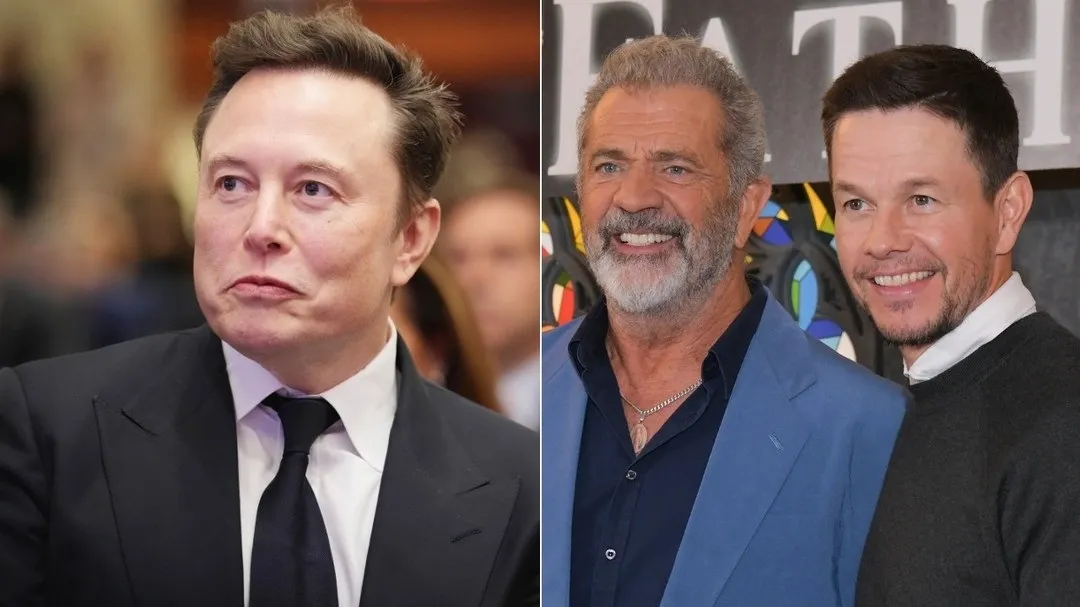
In terms of practical implications, Musk’s billion-dollar investment will allow the studio to produce a wide range of films, from high-budget blockbusters to independent projects. The hope is that the studio will be able to compete with the major players in the industry, offering a refreshing alternative to the current offerings of big-name studios. By providing creative autonomy to filmmakers, the team behind the studio is aiming to attract talent that may feel stifled by the prevailing trends in Hollywood.
While it remains to be seen whether this ambitious project will succeed in transforming the Hollywood landscape, one thing is clear: Elon Musk’s involvement has already created a significant buzz in the entertainment world. Whether this “non-awakened” studio will lead to a new era of filmmaking or become a fleeting trend remains uncertain, but it is certainly an investment worth watching closely. For now, Musk, Gibson, and Wahlberg are poised to make a bold statement in Hollywood, offering an alternative to the dominant narrative and perhaps, in the process, reminding audiences of the power of creative freedom.
